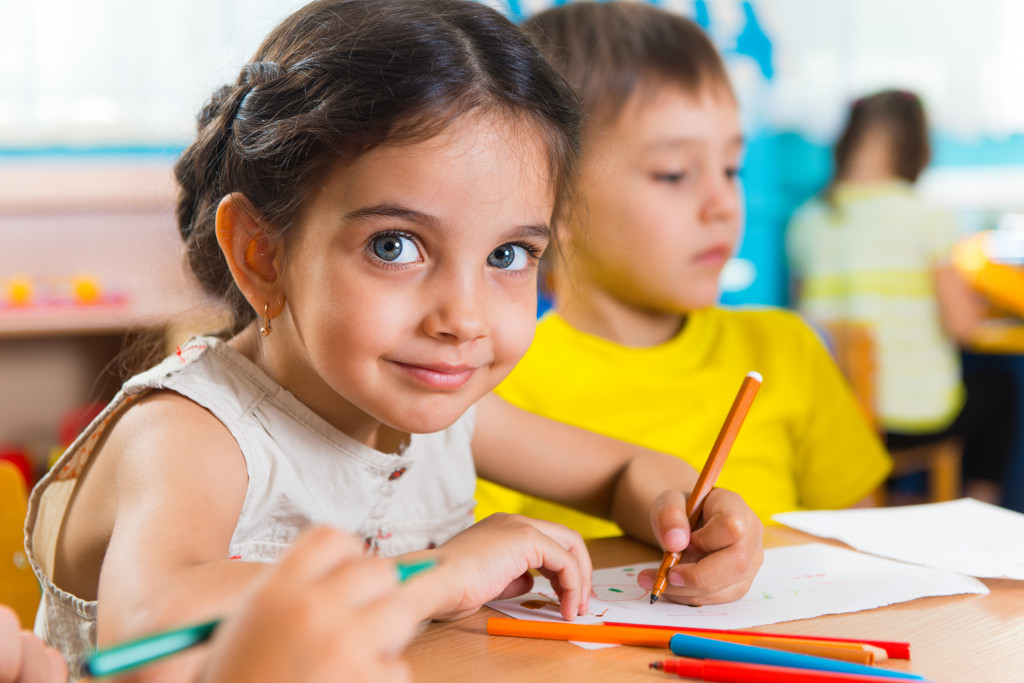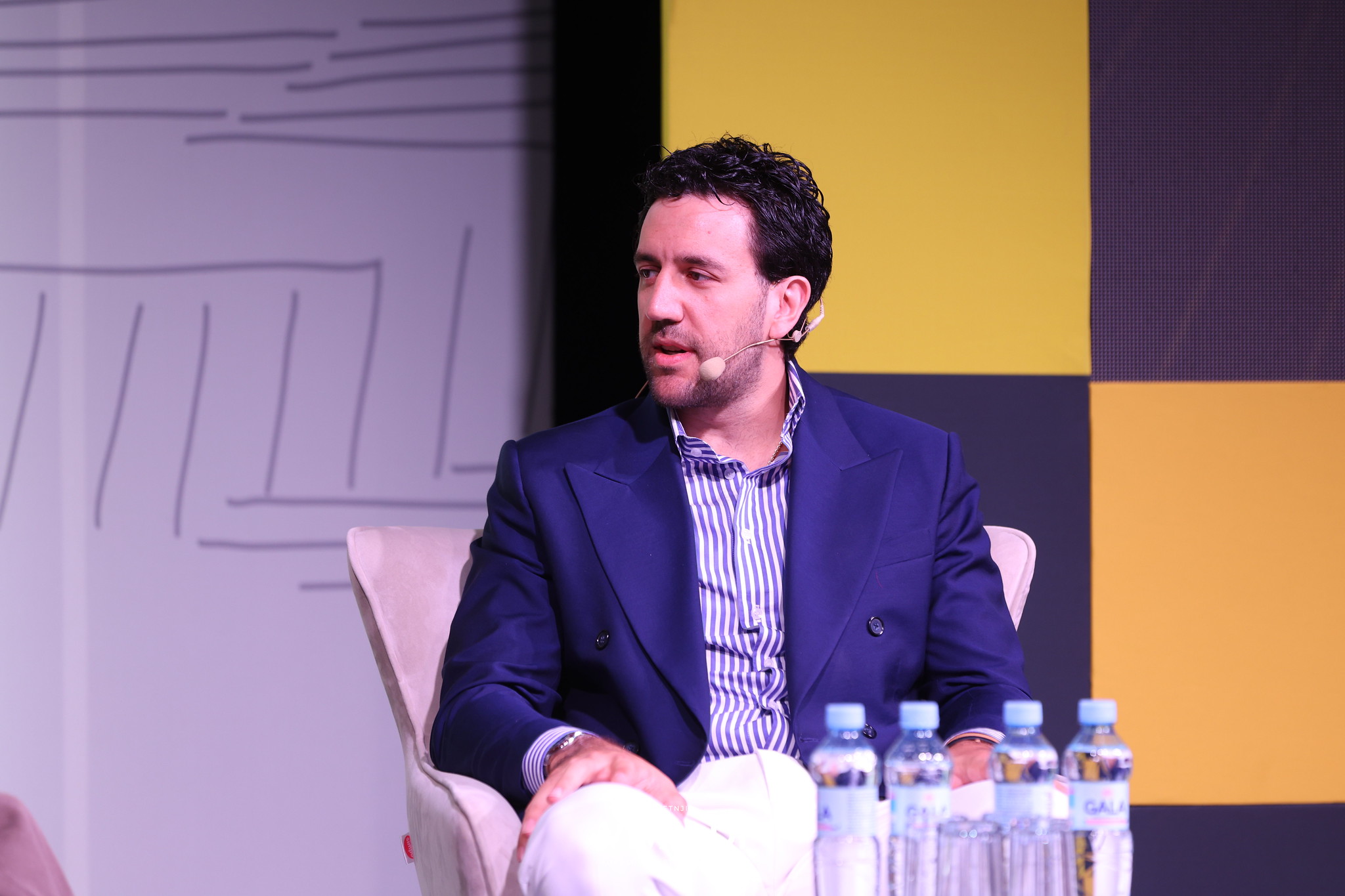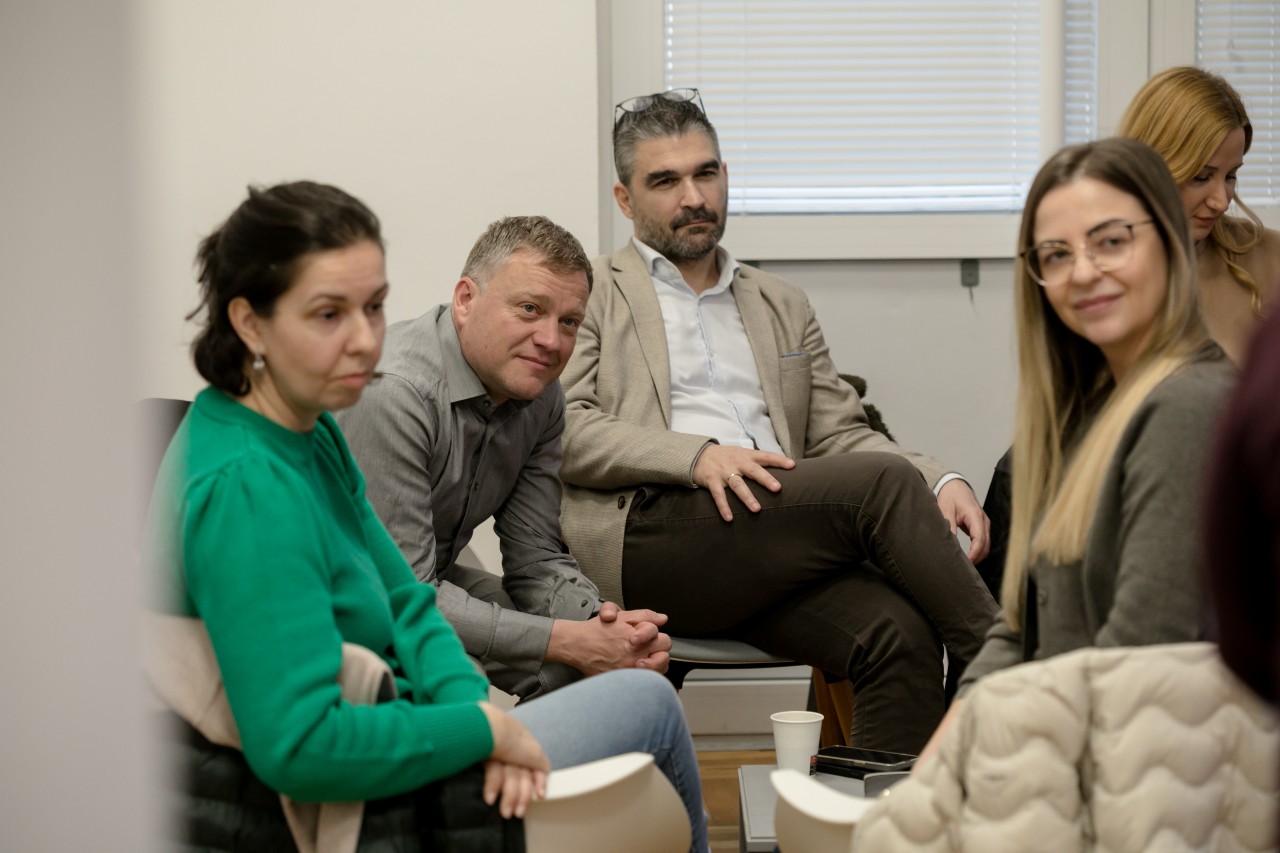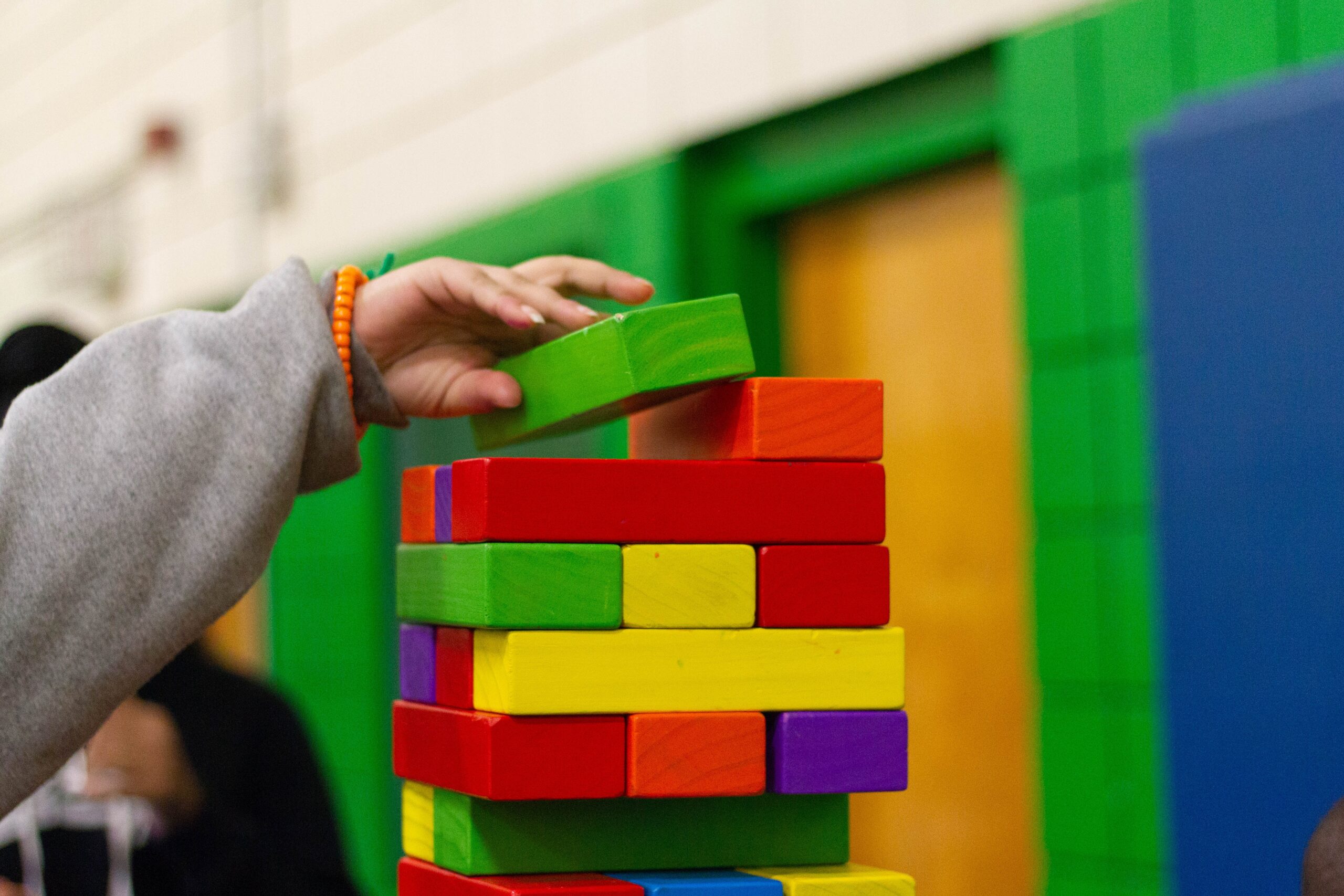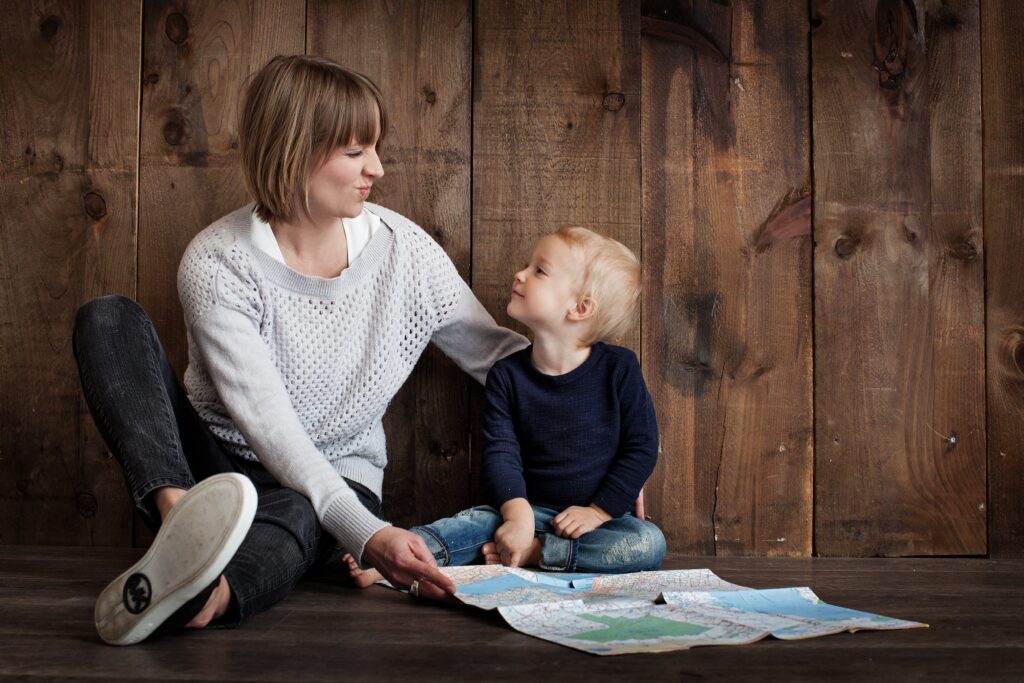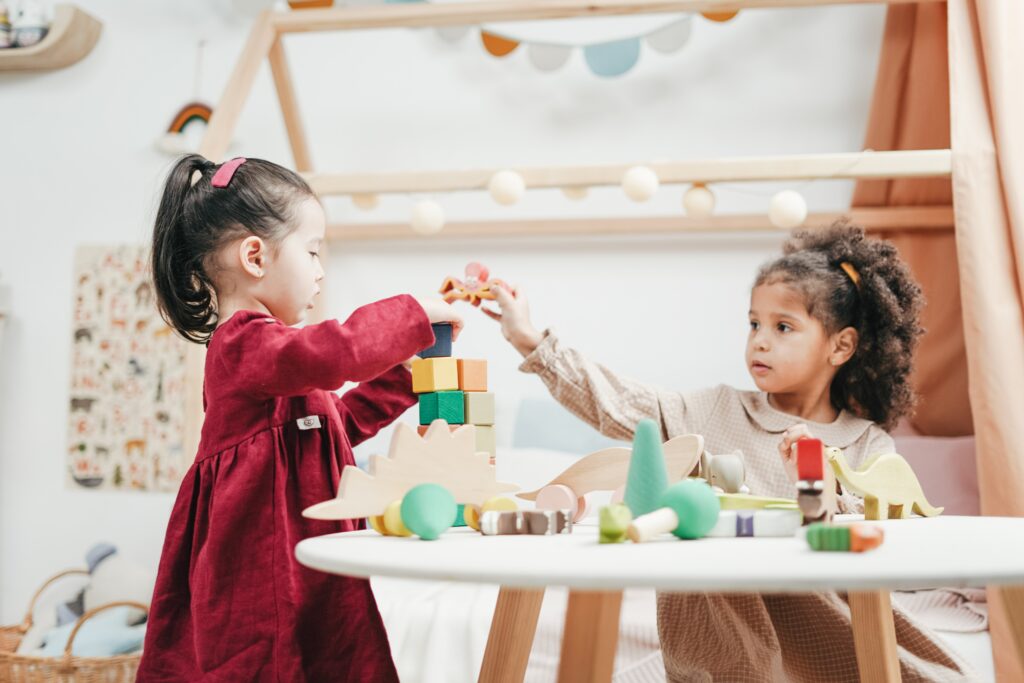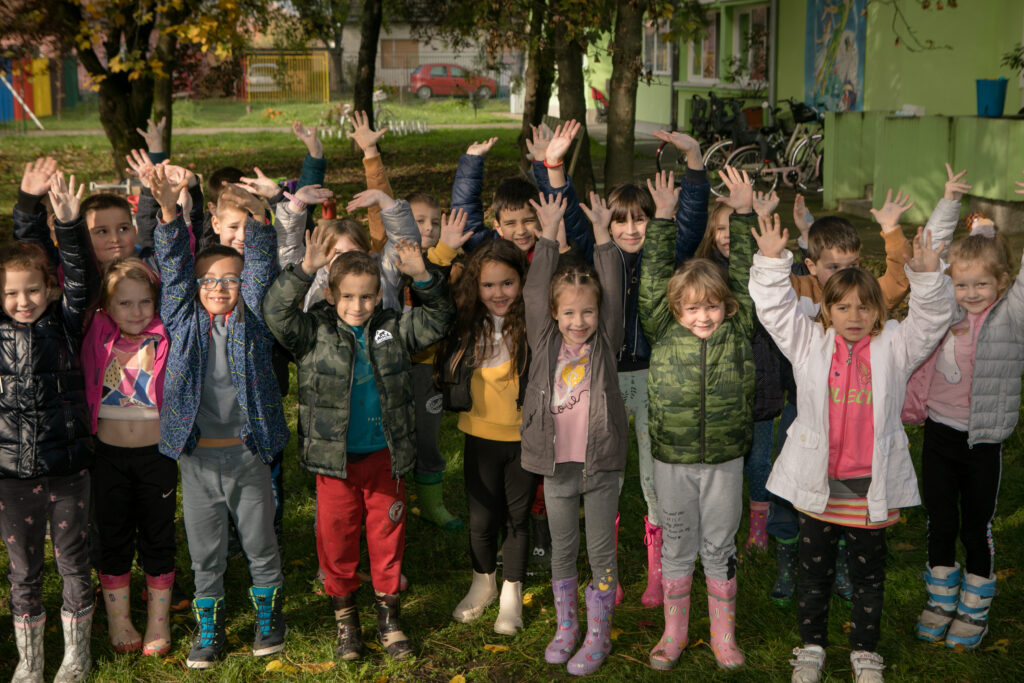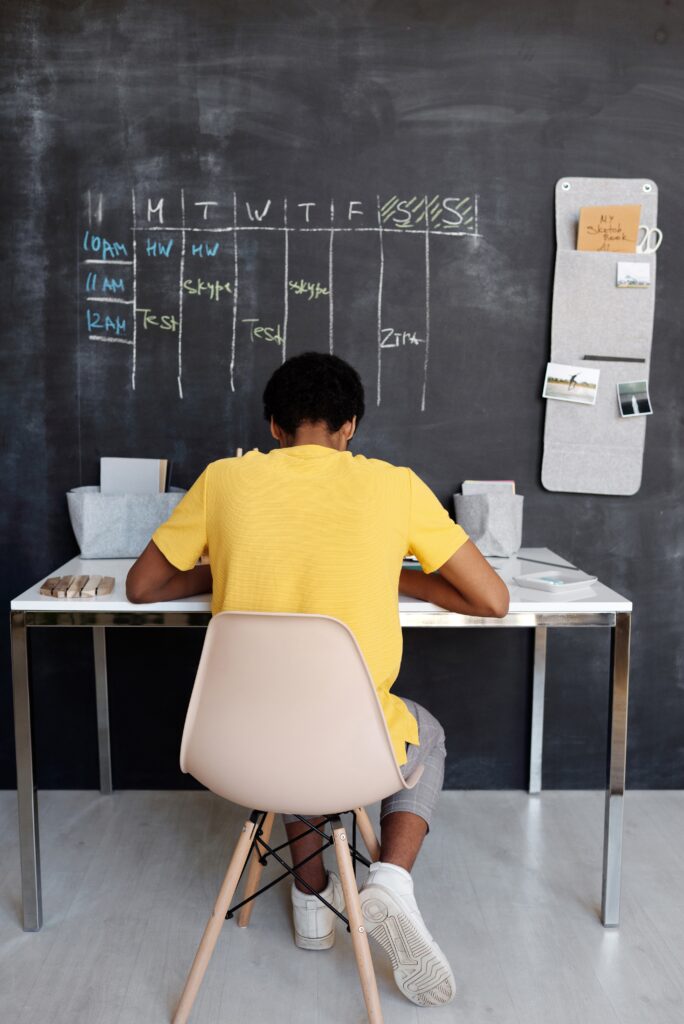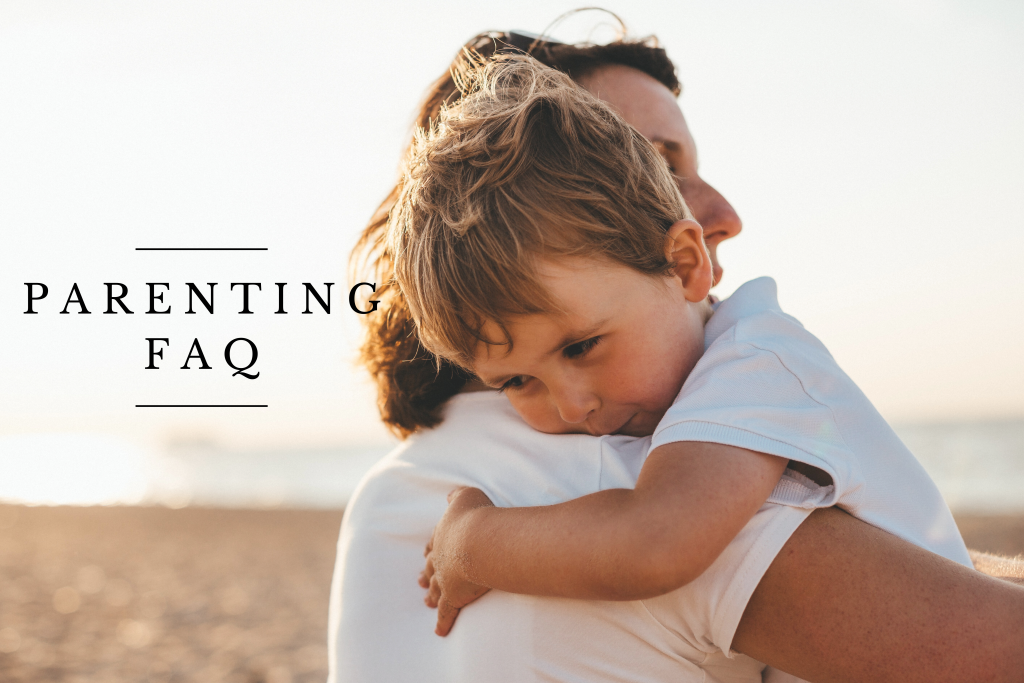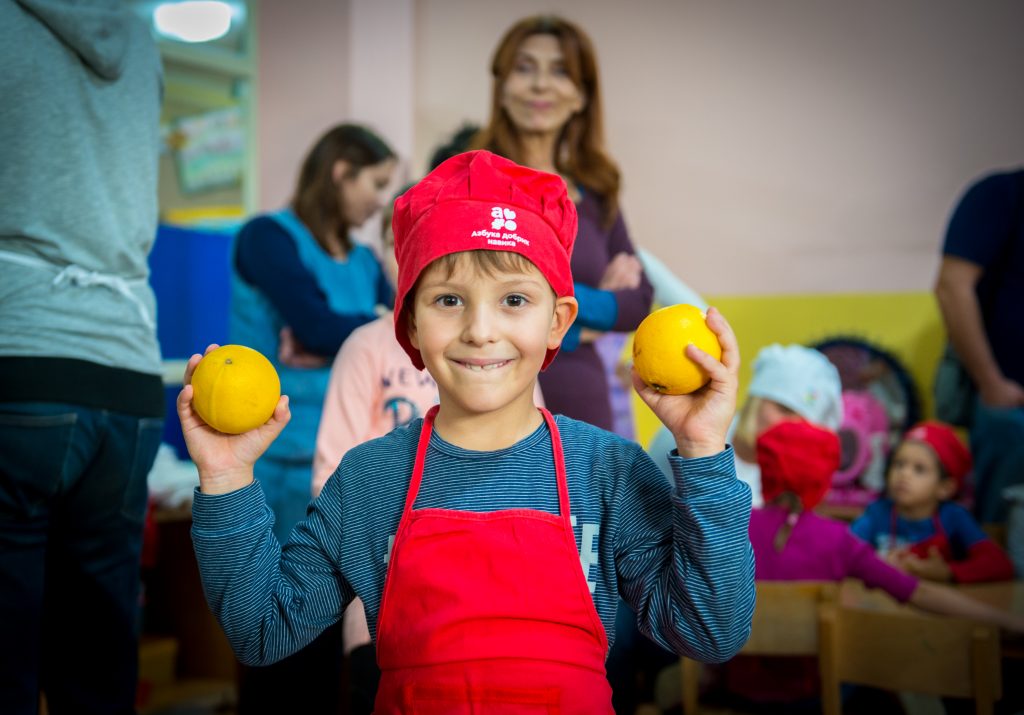Between birth, and the age of 8, many significant transitions happen in education for children. When parents are aware of these changes, children can adapt more easily to new situations.
The first day at school is a significant milestone in the life of every child. It is a situation of great change in which children have to move into a new environment and adapt to an unfamiliar setting. This time of change is also known as a transition, which involves meeting new peers and taking over new responsibilities, such as listening to teachers. Besides school, there are many more significant transition periods for children throughout their lives.
Acknowledging Change
Transition happens all the time, but the impact it has on a child’s life varies, because some activities may only last for a few days while others may last for months. For children, it is important that parents are aware of the changing situations whenever they occur. It is possible that parents are feeling more laid-back about a transition period in their child’s life and do not notice that a detailed plan would make their child feel more comfortable. It is key to understand the impact of the new situation on a child’s life in order to manage the transition period successfully. Although every situation is unique, parents can be proactive by using strategies that have worked in the past, to think about feelings or behaviors their children may develop due to the changes. Individuals respond differently to change: There are people who do not like to know details of something unfamiliar while others need to plan well in advanced. Usually, children like to know what is coming up in advance to feel comfortable. Following this approach can be a challenge when parents prefer the opposite approach. However, it is always a good idea to let children be a part of a plan that is developed in advance to navigate through the process of change together.
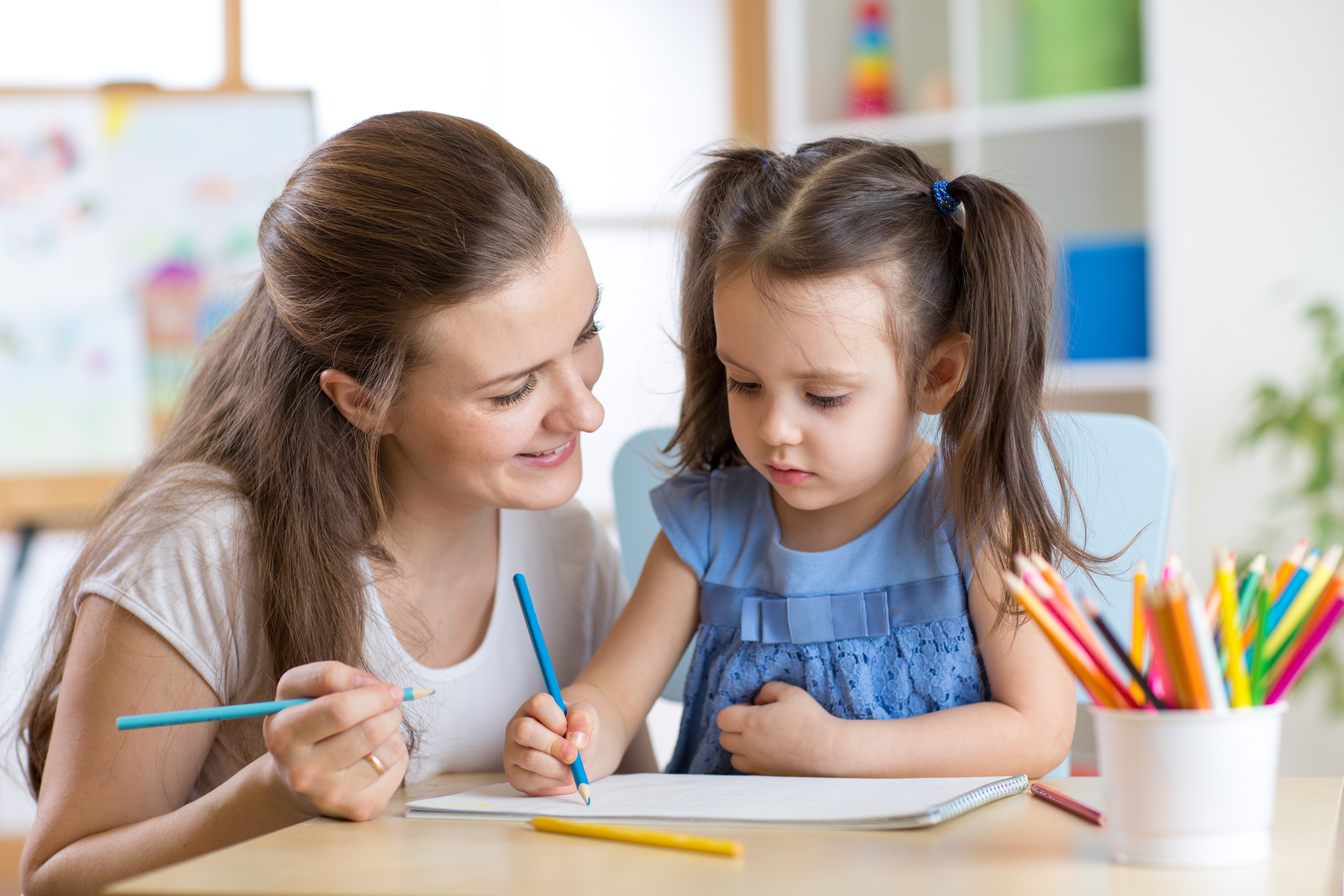
Copyright: Oksana Kuzmina
There are three major transition periods in early childhood education children need to be prepared for:
1. First experiences away from home: Daycare centers
Children will usually experience their first educational transition when they start an early care program such as attending a daycare center. This is often the first time young children spend time away from home, while being around other children regularly. Older children will realize the changes made to their daily routine more consciously than younger infants. Therefore, it is important to consider the need of each child individually to make their transition as smooth as possible. For older children, it may be a good idea to go for a few visits with a parent before the program starts.
2. The First Education Program: Kindergarten
Another major transition that takes place is the first day of kindergarten. Although children mainly learn skills through play-based tasks, our culture associates kindergarten with climbing the first step on the ladder of education. In other words, kindergarten is seen as the first move to school, which creates the foundation for further successes at ‘real’ schools. It is a good idea to talk to children about this vital step and make them feel comfortable. Changing bedtime routines early enough and, visiting kindergarten on an open day to see the unknown environment and meet peers will help the youngsters to become more confident to start this new chapter.
3. From Kindergarten to Primary School
The first day of school marks the successful transition from play-based education to our traditional education system. Children will still engage in playful activities while studying at school, but these will change slowly to more theoretical focused approaches in order to teach math, reading and writing. Usually, starting ’big’ school is an exciting development for children, but it is also absolutely normal for them to feel a little bit nervous about the unknown. They have never been to school as a fully fledged student before and prior transitional phases occurred months or years ago so who can remember? It is a good idea to build up the positive excitement when talking about school at dinner time or when going supply shopping for school.
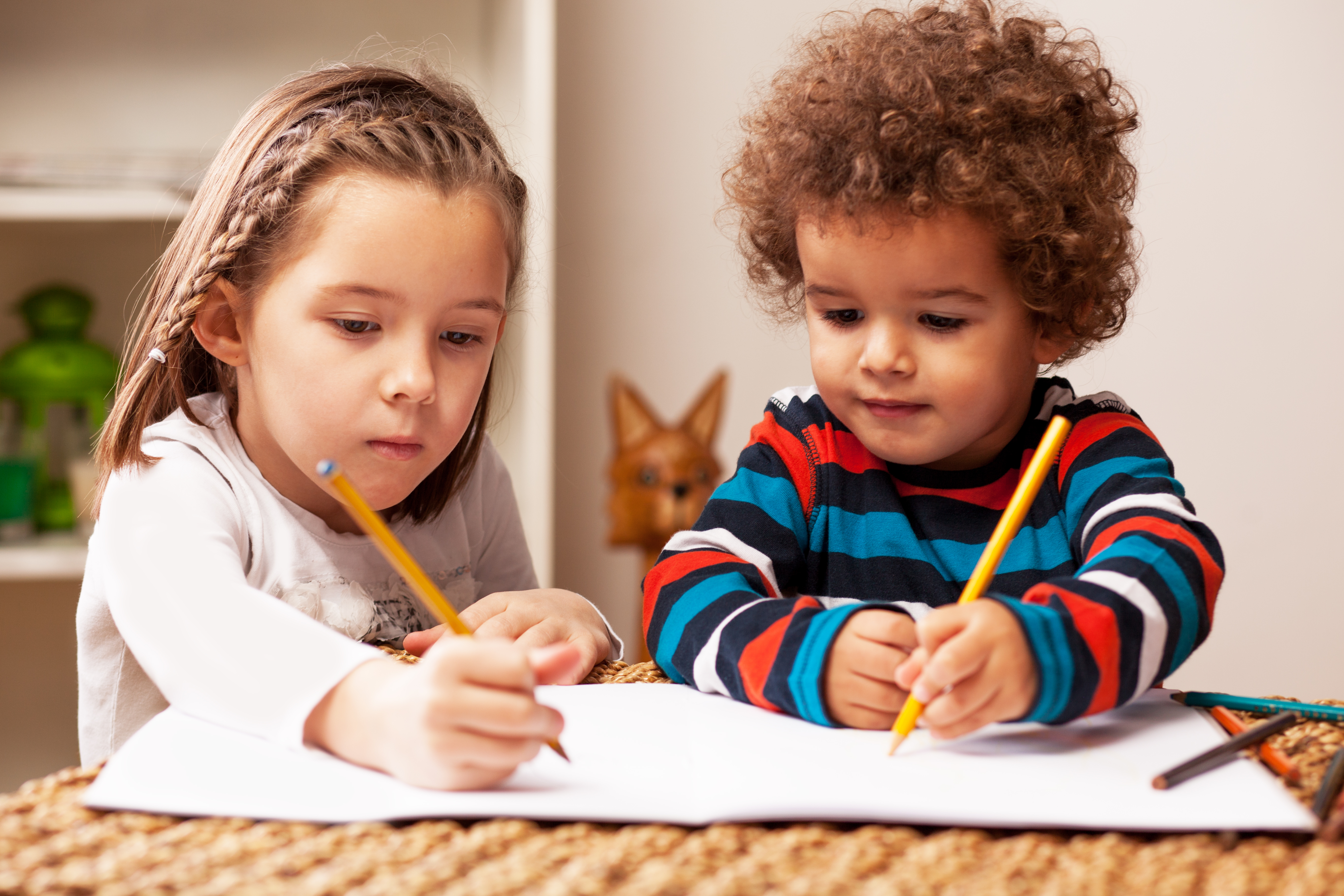
Copyright: Milica Nistoran
Dealing with On-going Change
The good thing about change is that it is happening constantly. This means that when there are tears in the morning or clinginess at the drop off, parents can usually expect their children to run off with friends happily or enjoy crafting and drawing in the classroom a few minutes later. It is important to keep in mind that transition is not only a challenge for children but also for parents when adapting to the changes. Being calm, figuring out if children need help solving a problem, or cheerleading from the sideline by offering encouragement will not only strengthen the bond between parents and children, but will create a foundation for future success when it comes to periods of transition.

